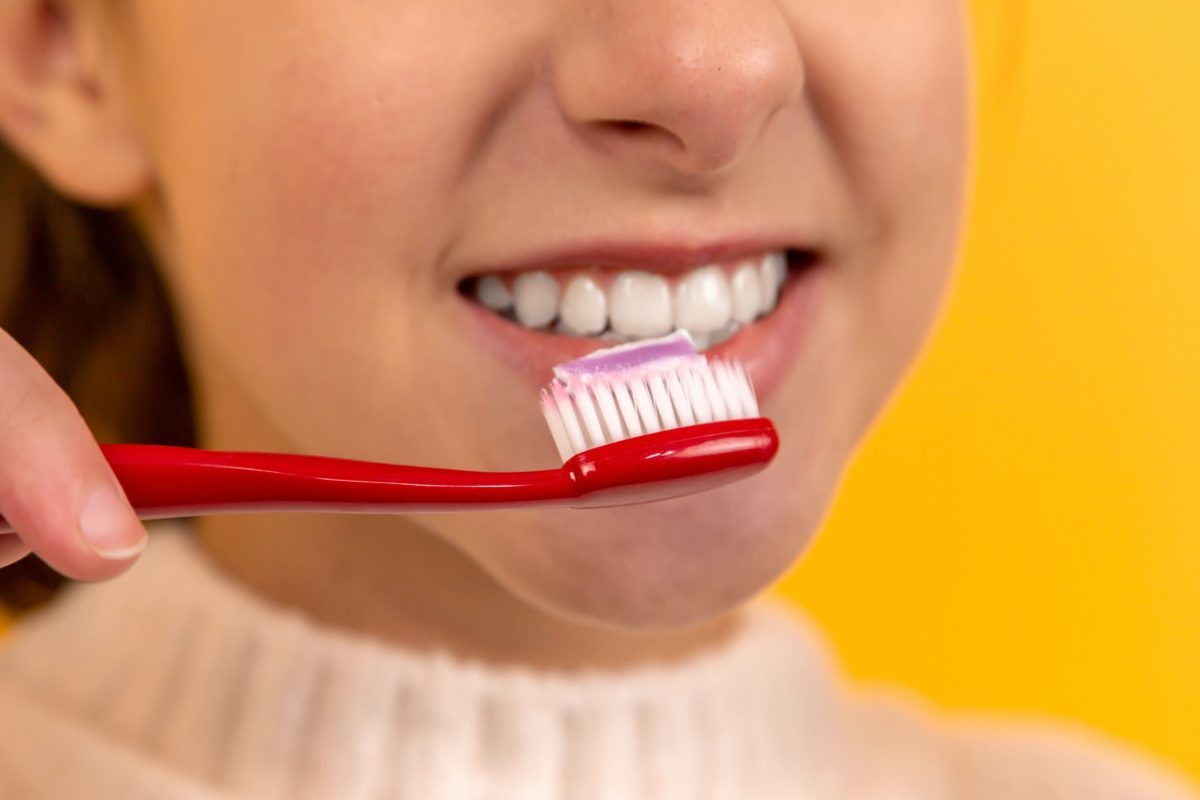5 Habits of People with Healthy Teeth and Gums

Everyone wants to have healthy teeth and gums. Unfortunately, not everyone is blessed with good oral health. However, there are certain habits that people with healthy teeth and gums tend to have in common. If you want to improve your oral health, try incorporating these five habits into your daily routine.
1. Brushing Twice a Day for Two Minutes Each Time
One of the essential habits for keeping your teeth and gums healthy is brushing your teeth twice a day for two minutes each time. This will help remove plaque and bacteria from your teeth and gums, reducing your risk for cavities and gum disease. Be sure to use a soft-bristled toothbrush and fluoride toothpaste to protect your enamel.
Also, brush gently, so you don’t damage your gums. If you brush your teeth too hard, it can damage the gum tissue and make it recede. This exposes the tooth roots and makes them more vulnerable to periodontal disease and decay. Those most likely to damage their teeth or gums from overbrushing are those who brush too hard with toothbrushes with medium or hard bristles.
2. Flossing Daily

In addition to brushing, you should also floss your teeth every day. Did you know that a mere 4 in 10 Americans floss their teeth once daily, and 20 percent don’t floss at all? Flossing is the most overlooked step in oral care, but it’s essential for preventing cavities and gum disease. This is because flossing removes plaque and bacteria from between your teeth and along your gum line, areas that your toothbrush can’t reach.
Here are some tips to keep in mind when flossing:
- When you floss, use gentle strokes and go slowly, so you don’t damage your gums.
- Start by holding the floss between your thumbs and index fingers, then insert it into the space between your teeth.
- Gently move the floss up and down, careful not to snap it into your gums.
- Use a fresh section of floss for each tooth so you don’t reintroduce bacteria into your mouth.
By flossing, this will help remove plaque and food particles between your teeth that your toothbrush can’t reach. Not to mention, flossing removes plaque from your teeth, which helps to prevent cavities and gum disease. Plaque is a sticky mixture of food, bacteria, and saliva. If not cleaned off, it can turn into tartar.
3. Eating a Healthy Diet
Eating a healthy diet is not only good for your overall health, but it can also help to keep your gums and teeth healthy. Eating plenty of fresh fruits and vegetables can help reduce the amount of plaque on your teeth, and calcium-rich foods such as milk and yogurt can help strengthen your tooth enamel.
In addition, avoiding sugary and acidic foods can help to prevent tooth decay. Eating foods rich in vitamin C, such as oranges and strawberries, is essential for healthy gums. Eating a balanced diet is an integral part of maintaining good oral health. Including a variety of nutrient-rich foods in your diet can help keep your gums and teeth healthy.
4. Avoiding Tobacco Products
Avoiding tobacco is vital for maintaining healthy gum and teeth. Tobacco use can lead to several oral health problems, including gum disease, tooth decay, and mouth cancer. In fact, of all adults aged 20 to 64 who smoke cigarettes, over 40% have untreated tooth decay. Cigarette smokers 65 years old or older are twice as likely to have untreated tooth decay than those who never smoked.
That said, tobacco use makes it difficult to keep your gums and teeth clean, increasing the build-up of plaque and bacteria. As a result, those who use tobacco products are more likely to experience bad breath, yellowing teeth, and receding gums. If you currently use tobacco products, quitting is the best way to improve your oral health. Several resources are available to help you stop, including counseling, medication, and support groups. Talk to your doctor about what quitting method would be best for you.
5. Seeing Your Dentist Regularly for Cleanings and Exams
Even if you practice good oral hygiene at home, you must see your oral clinic regularly for cleanings and exams. During a professional cleaning, your dentist will remove any tartar or plaque buildup on your teeth that you may have missed while brushing at home. And during an exam, your dentist will check for any signs of tooth decay or gum disease so that they can be treated early on before they become more serious problems down the road. So be sure to schedule regular dental appointments for optimal oral health.
In Closing
These are just a few habits people with healthy teeth and gums tend to have in common. To improve your oral health, start by incorporating these five habits into your daily routine. And, of course, don’t forget to see your dentist regularly for cleanings and exams!




